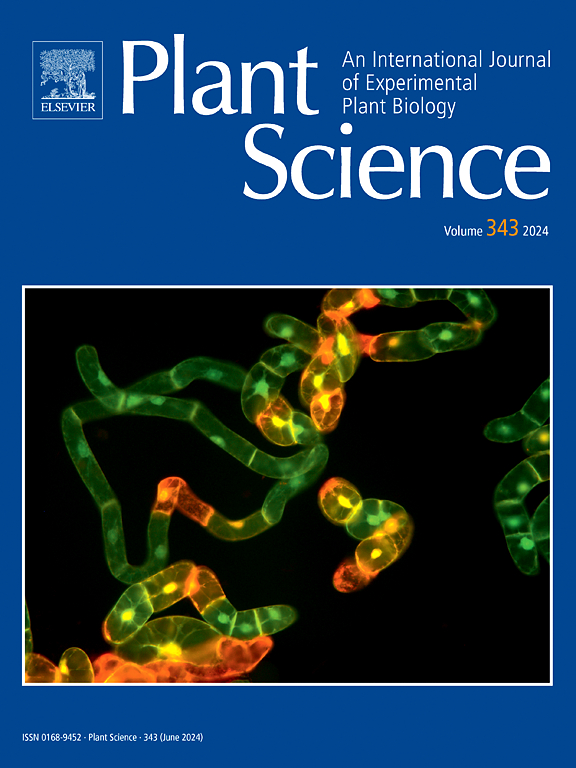Radiation hormesis and reactive oxygen species-mediated stress priming in plants
IF 4.2
2区 生物学
Q2 BIOCHEMISTRY & MOLECULAR BIOLOGY
引用次数: 0
Abstract
Radiation hormesis refers to the beneficial biological effects of low-dose ionizing radiation (LDIR) that do not conform to linear-no-threshold or threshold models. Ionizing radiation has been extensively used in the bioindustry for mutation induction, food sterilization, and structural modification of natural compounds. Despite its industrial potential, the application of LDIR-induced hormetic effects remains limited owing to insufficient scientific evidence, reproducibility concerns, and policy considerations related to radiation safety management. This review examines representative cases of LDIR-induced hormetic effects in plants, along with key factors and mechanisms, to explore their industrial applicability. The hormetic effects of LDIR were demonstrated in terms of yield, fitness, and versatility. Since radiation hormesis is determined by the interplay among key factors including radiation, organisms, and the environment, their significance and contributions are highlighted. Moreover, reactive oxygen species-mediated stress priming and memory facilitated by chromatin dynamics and epigenetic regulation have been proposed as key mechanisms of radiation hormesis. Finally, the potential applications of LDIR-induced and ROS-mediated stress priming in the bioindustry are discussed.
植物辐射激效和活性氧介导的胁迫启动。
辐射激效是指低剂量电离辐射(LDIR)不符合线性无阈值或阈值模型的有益生物效应。电离辐射在生物工业中被广泛应用于诱变、食品灭菌和天然化合物的结构修饰。尽管具有工业潜力,但由于科学证据不足、可重复性问题以及与辐射安全管理有关的政策考虑,低辐射辐射引起的激效的应用仍然有限。本文综述了ldir诱导植物致敏效应的典型案例,以及关键因素和机制,探讨其工业适用性。在产量、适应性和通用性方面证明了LDIR的激效。由于辐射激效是由辐射、生物和环境等关键因素之间的相互作用决定的,因此它们的意义和贡献得到了强调。此外,染色质动力学和表观遗传调控促进的活性氧介导的应激启动和记忆被认为是辐射激效的关键机制。最后,讨论了ldir诱导和ros介导的应激启动在生物工业中的潜在应用。
本文章由计算机程序翻译,如有差异,请以英文原文为准。
求助全文
约1分钟内获得全文
求助全文
来源期刊

Plant Science
生物-生化与分子生物学
CiteScore
9.10
自引率
1.90%
发文量
322
审稿时长
33 days
期刊介绍:
Plant Science will publish in the minimum of time, research manuscripts as well as commissioned reviews and commentaries recommended by its referees in all areas of experimental plant biology with emphasis in the broad areas of genomics, proteomics, biochemistry (including enzymology), physiology, cell biology, development, genetics, functional plant breeding, systems biology and the interaction of plants with the environment.
Manuscripts for full consideration should be written concisely and essentially as a final report. The main criterion for publication is that the manuscript must contain original and significant insights that lead to a better understanding of fundamental plant biology. Papers centering on plant cell culture should be of interest to a wide audience and methods employed result in a substantial improvement over existing established techniques and approaches. Methods papers are welcome only when the technique(s) described is novel or provides a major advancement of established protocols.
 求助内容:
求助内容: 应助结果提醒方式:
应助结果提醒方式:


